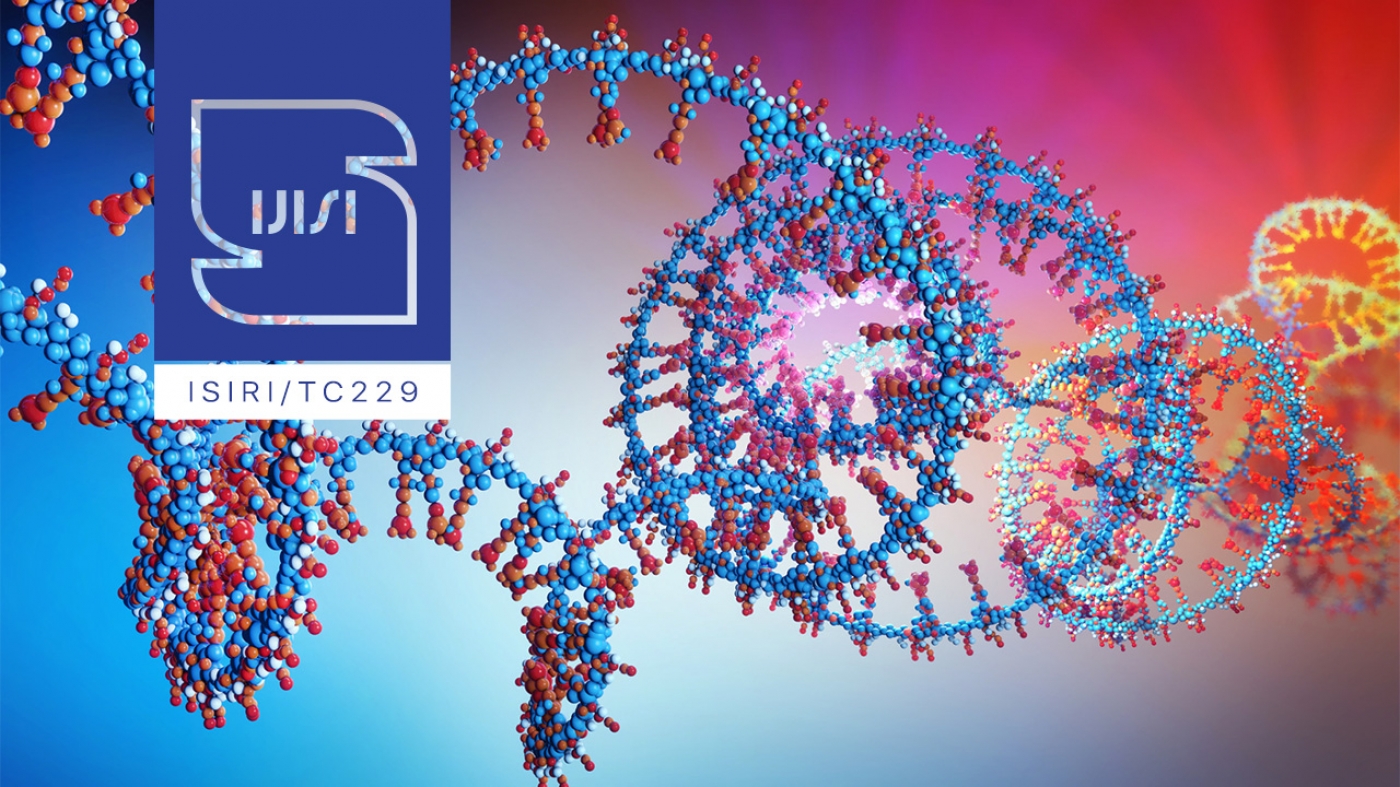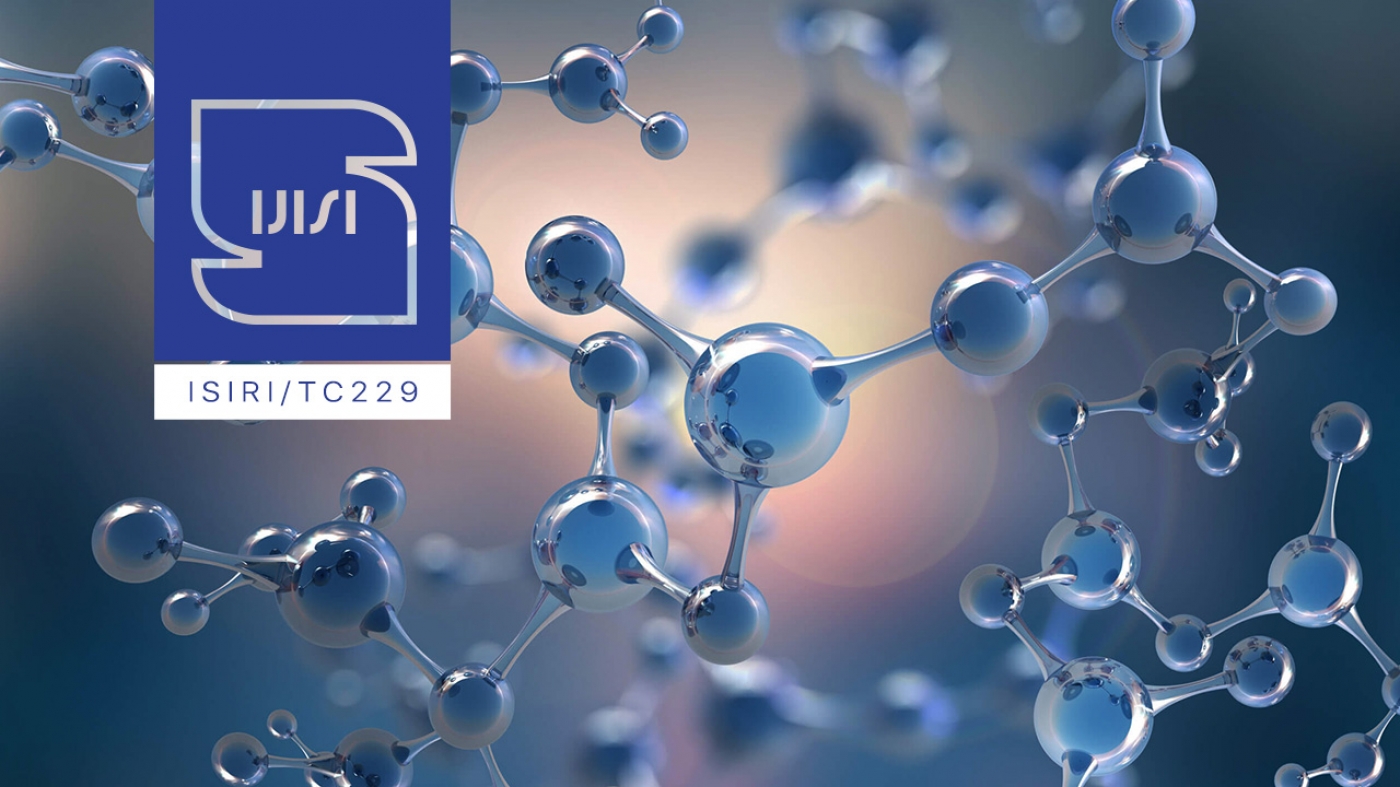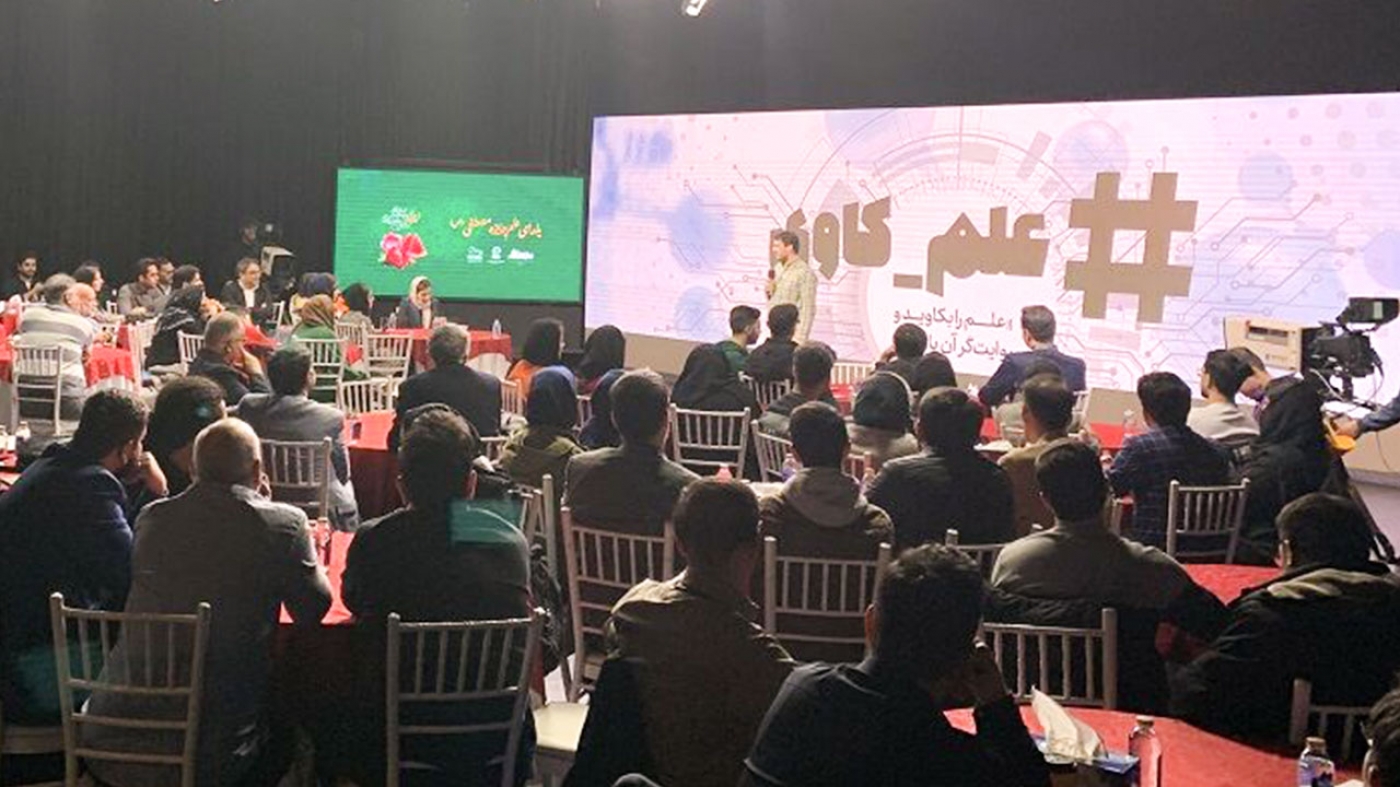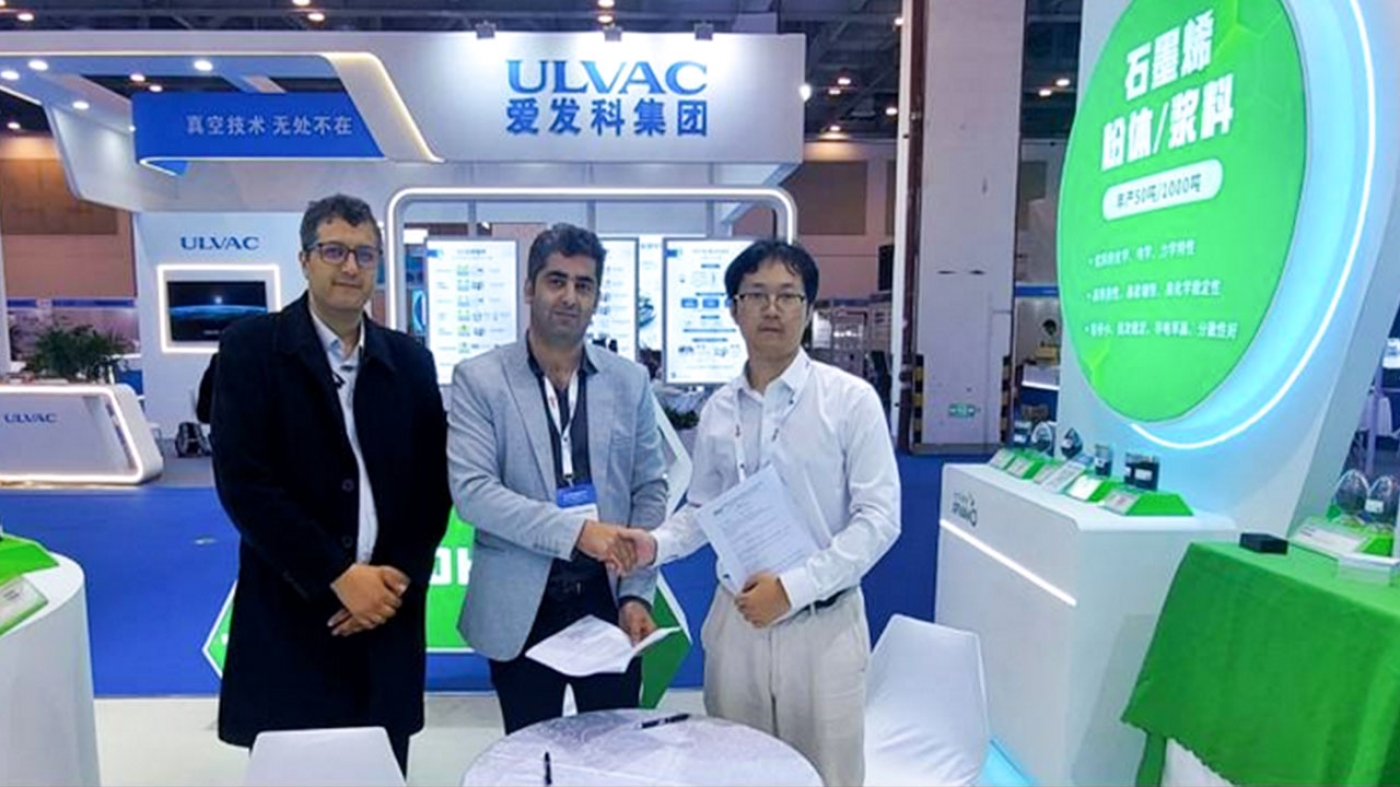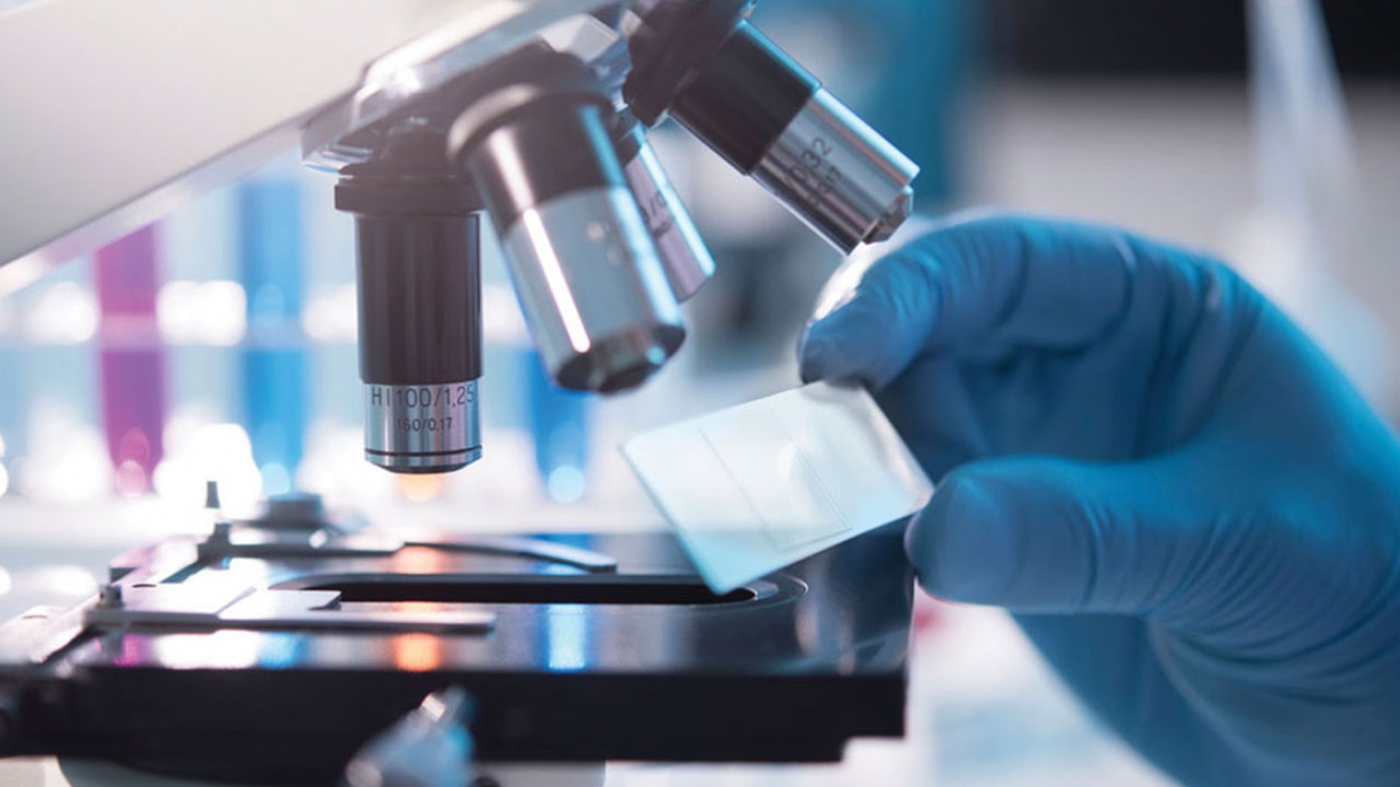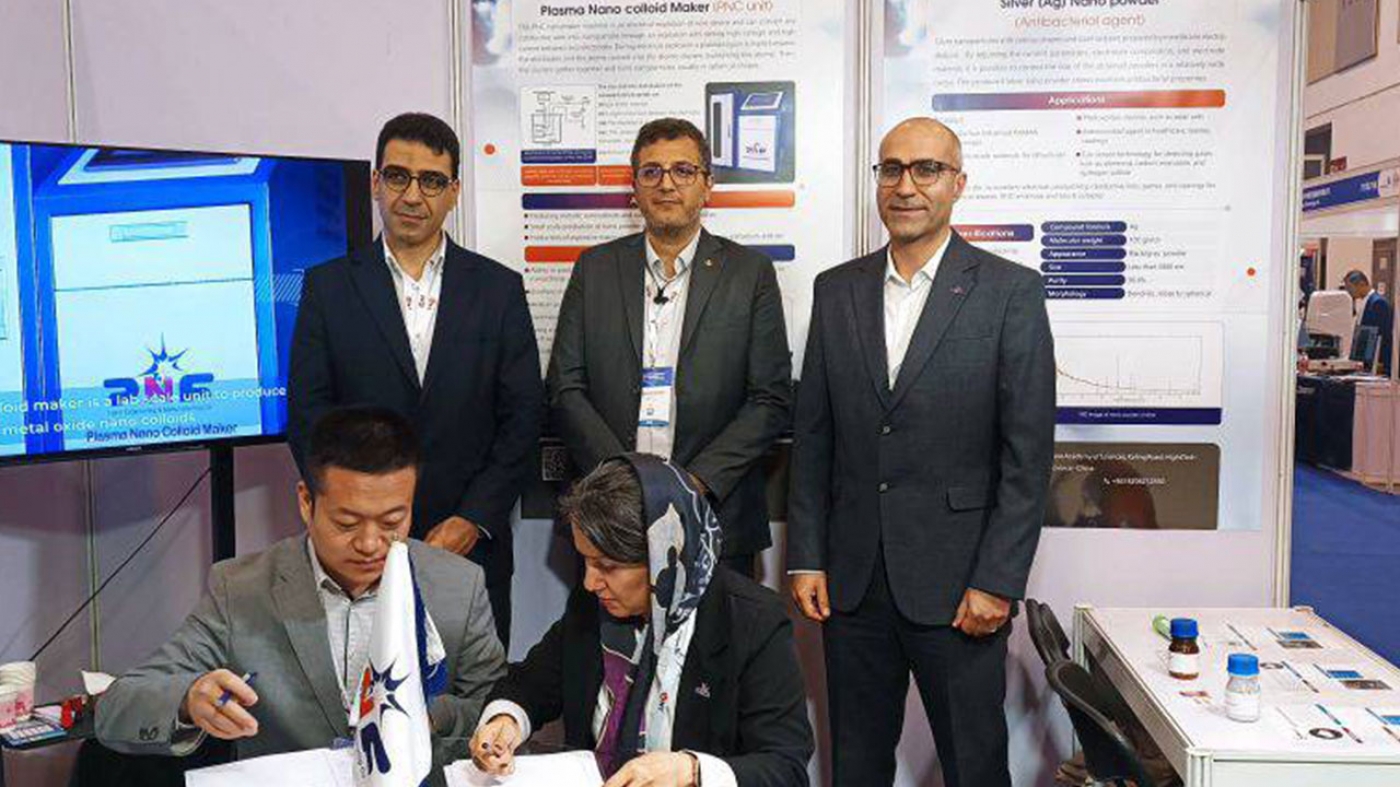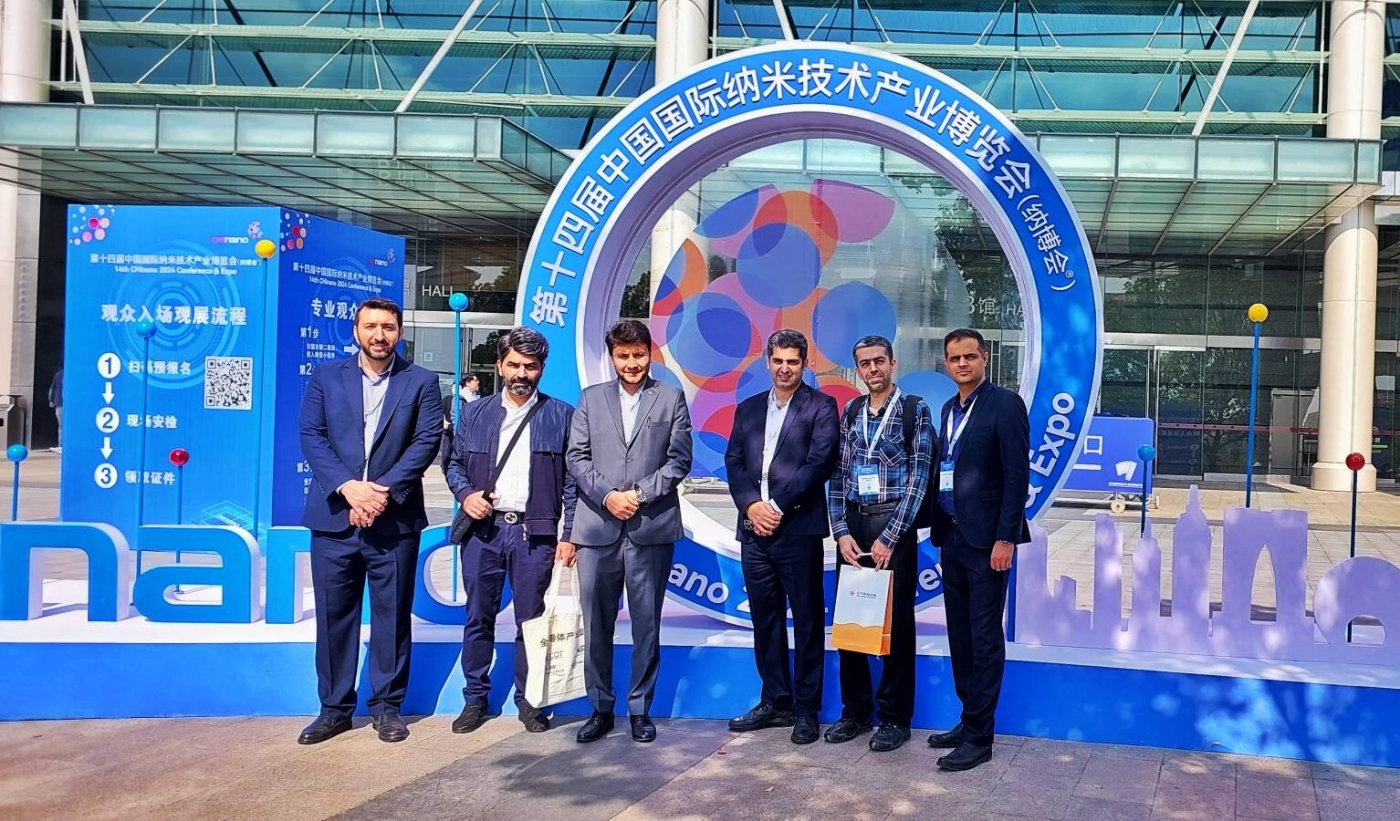Development of national nanotechnology standards are among the top priority of INIC. Iran ranks 4 among the different countries active in the field of national nanotechnology-related standards. Various scientific groups are formed from university professors, researchers and students to develop national as well as international standards.
During the 123rd Nanotechnology Committee, two standards were approved. The first standard entitled “Nanotechnology- Hard Nanoscale Coatings- Evaluation of Adhesion Strength- Characteristics and Test Methods" were presented by Dr. Elmkhah. This standard was developed in order to provide practical test methods for evaluation of coating adhesion and its characteristics. Suitable methods are proposed which can ensure the quality of adhesion and cohesion of nanoscale coatings.
The second standard which was approved during that meeting, was entitled as "Nanotechnology- magnetic nanomaterials- part 2: Determining Characteristics and Measurement Methods of Nanostructured Magnetic Beads for Nucleic Acid Extraction" and it was presented by Dr. Shekarkhah. This standard was developed in order to determine the characteristics of measuring magnetic beads in the form of suspension and powder for nucleic acid extraction applications. This standard provides important characteristics of magnetic beads and suspensions and also additional specifications for description of magnetic beads and suspensions. Safety and environmental aspects of magnetic grains are not in the scope of this standard.
Approval of two other national standards took place during the next meetings. They are introduced briefly as follow:
- "Nanotechnology - Particle Size Distribution of Cellulose Nanocrystals" by Dr. Darabi
This standard aims to describe measurement methods of particle size distributions of cellulose nanocrystals using atomic force microscopy (AFM) and transmission electron microscopy (TEM). It provides a protocol for renewable dispersion of materials. This standard provides precise information on sample preparation for microscopy, image acquisition and data analysis.
- “Nanoimpedance Technology Without Labels for In-vitro Evaluation of Nanomaterials Toxicity” by Dr. Menhaj
Using this standard, a label-free and real-time detection of cell-based assays for non-invasive monitoring of nanomaterials toxicity assessment in eukaryotic and prokaryotic cells is available.
By approval of these 4 standards, the number of national nanotechnology standards reached 154.
